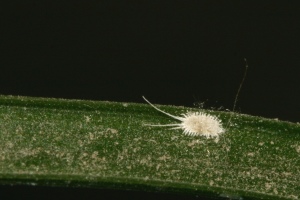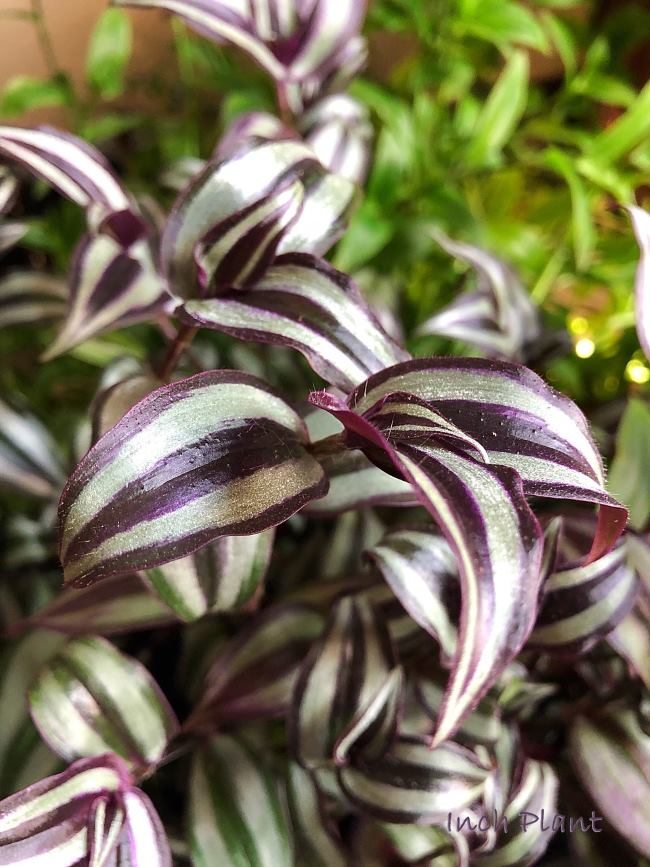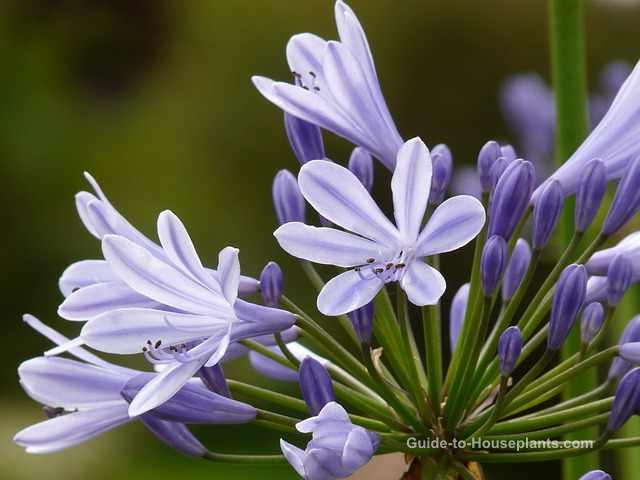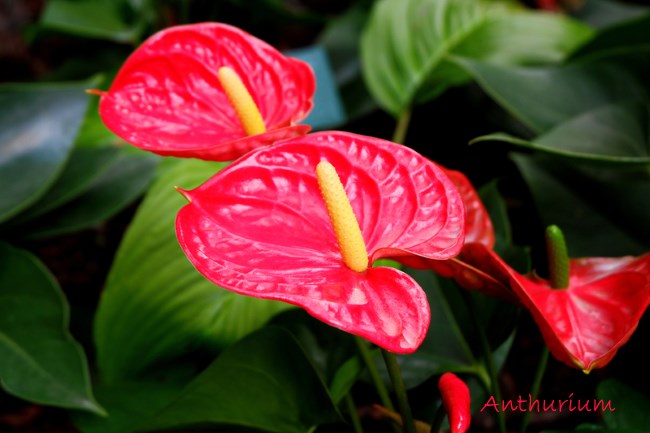Mealybugs: How to Identify and Get Rid of These House Plant Insects
What They Look Like
Mealybugs are small, white insects with a white, waxy, fluffy coating that make them look like specks of cotton.
They form colonies and destroy plant tissue by feeding on plant juices. They secrete honeydew -- a sticky substance which attracts sooty mold and ants. White cottony areas are where they incubate their eggs.

Where to Find Them
These pests have favorite feeding places: underneath leaves, along the stems, and particularly in the leaf axils.
They also have favorite house plants: African violet, begonia, coleus, croton, and cactus and other succulents.
Some feed on roots. You may find root-feeding bugs on the bottom of pots. Or you can ease the plant out of its pot to look for white, woolly masses around its roots.
How to Get Rid of Mealybugs
Controlling these strange bugs is difficult. The cottony wax coverings on the insects and egg sacs protect them from sprays.
They are loosely attached to plants, so they are easily removed by hand. Use a cotton swab dipped in rubbing alcohol to wipe off all the bugs you can find. Look at places where the leaves are attached to stems, which is their favorite place to hide. Repeat applications every few days until the plant is free of bugs. Try not to cover a whole leaf with alcohol, because it can damage plant tissue.
To get rid of root-feeding mealybugs, wash the pests and soil from the roots with tepid water. Cut away any damaged roots, then repot the plant in fresh potting mix.
You may want to try a systemic insecticide. This is placed in the soil and taken up by the plant, which puts a toxin into the entire plant system. Insects that feed on treated plants are poisoned when they suck the plant's juices. Systemic insecticide helps to control other sucking insects, too. Many newer products are based on the active ingredient imidacloprid, which is less toxic to people and pets than older insecticides. Read the label carefully and follow the manufacturer's directions for use.
If your plant is severely infested, get rid of it. Heavily infested plants do not grow well and may even die. Plus, you don't want these uninvited house guests to move on to your other plants.


